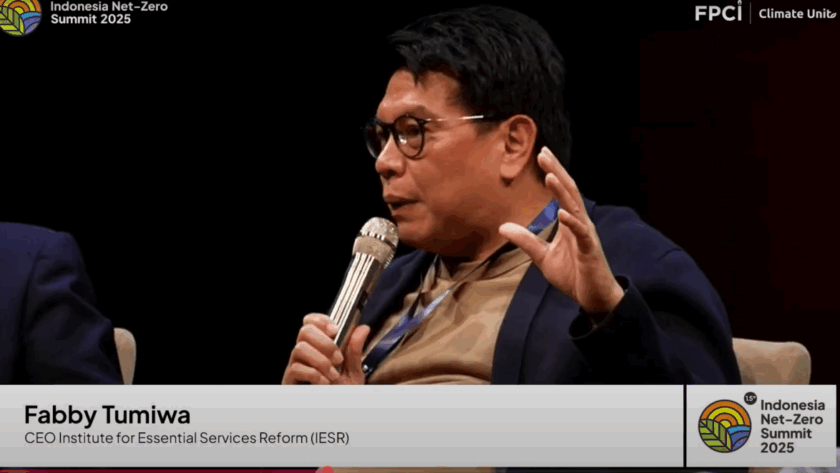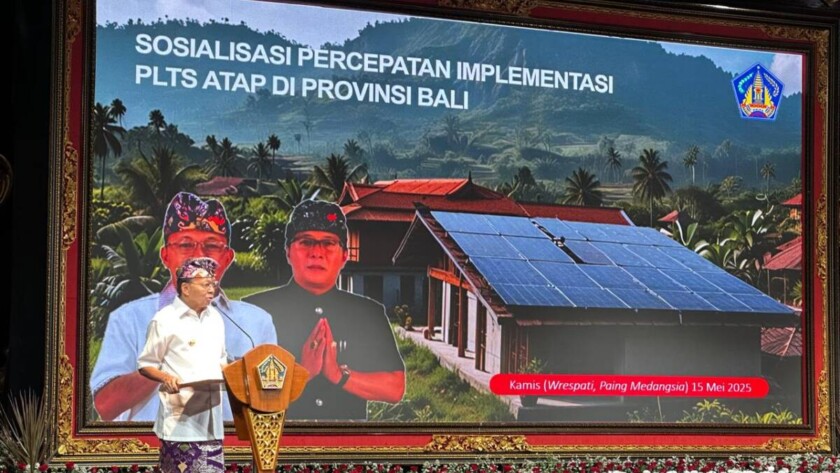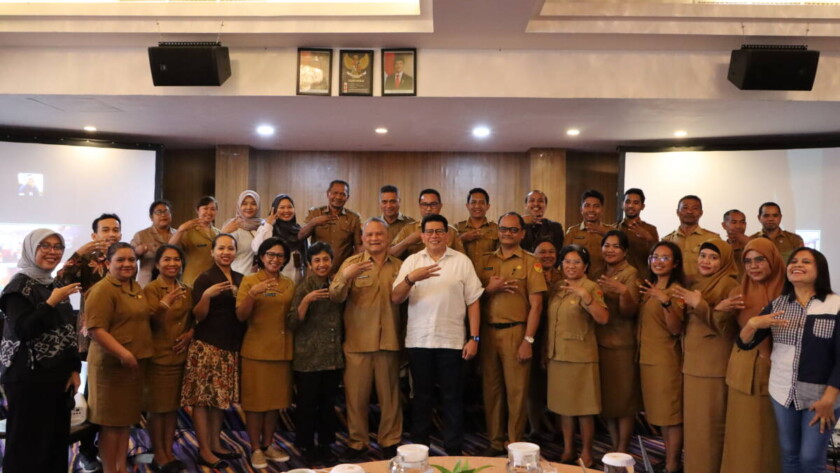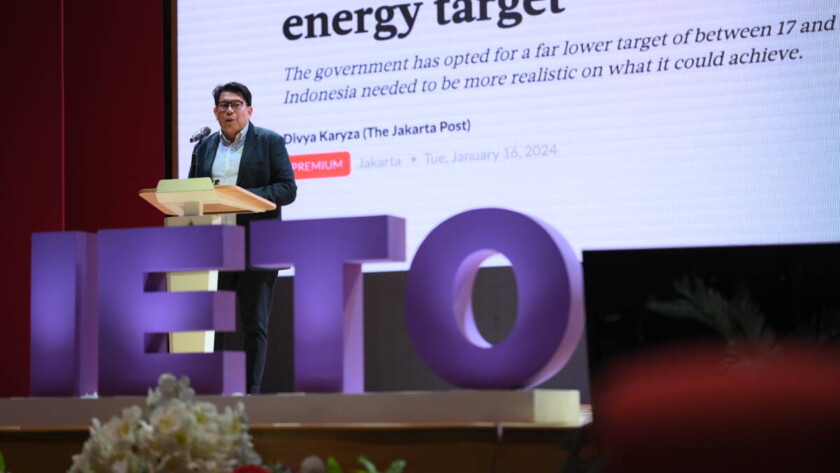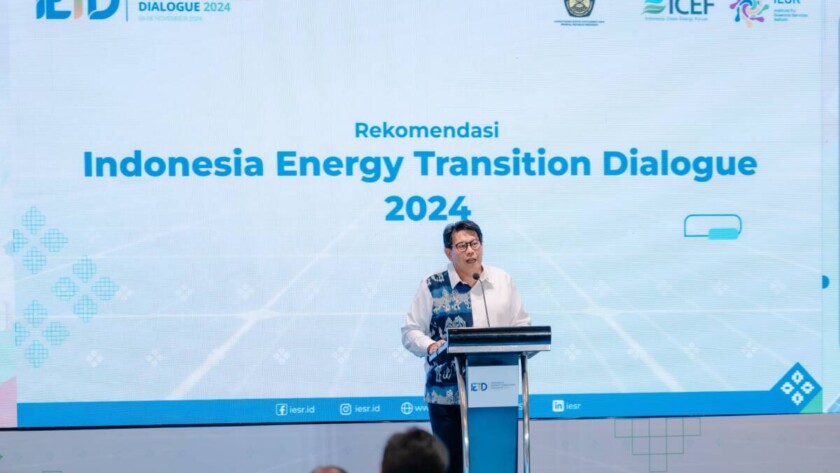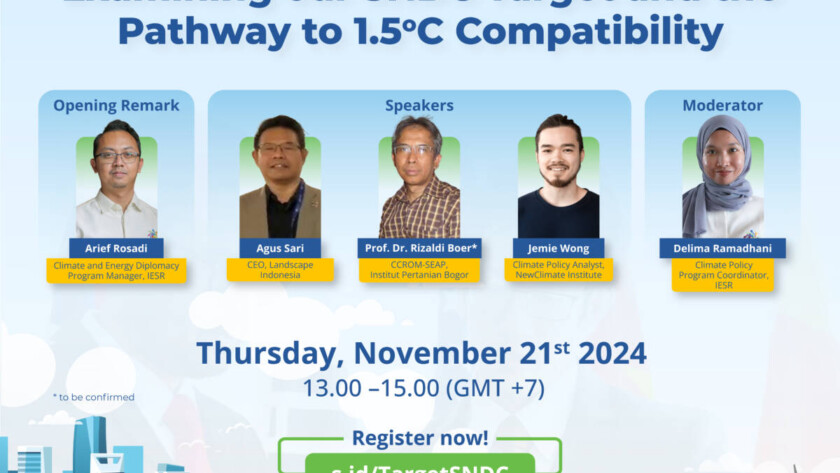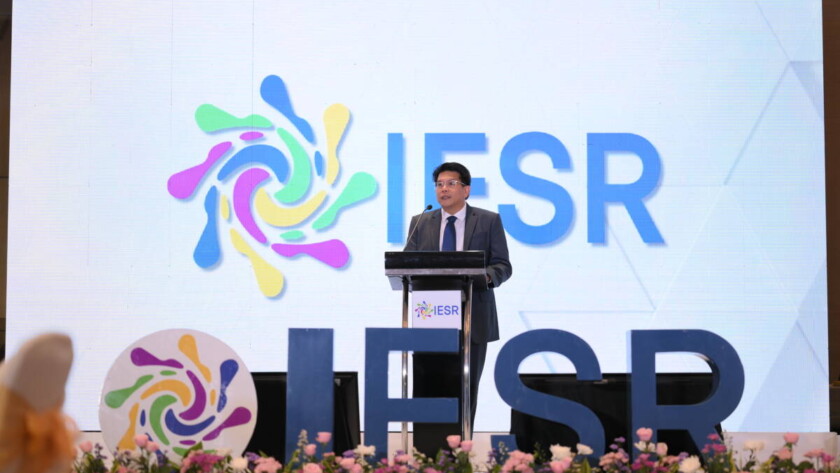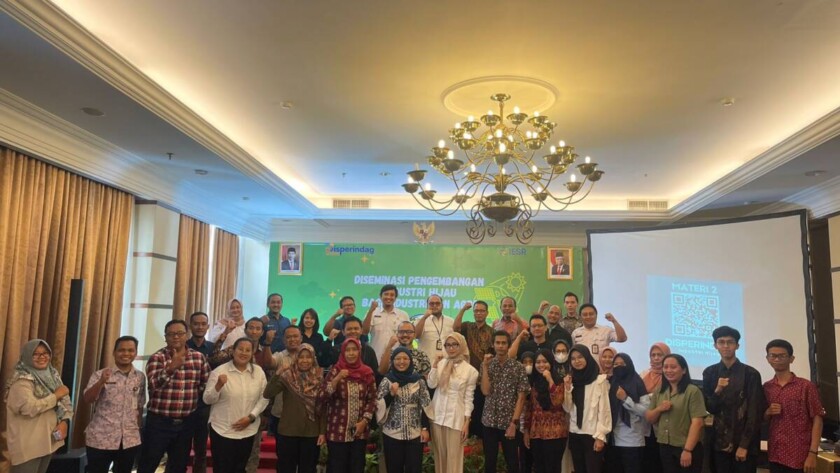Jakarta, July 26, 2025- “If Indonesia wants its economy to grow above six percent, then we must integrate emissions reduction efforts with the use of renewable energy. It’s as simple as that,” emphasized Fabby Tumiwa, Chief Executive Officer (CEO) of the Institute for Essential Services Reform (IESR), at the seminar “Finding Balance Between Resilience and…
